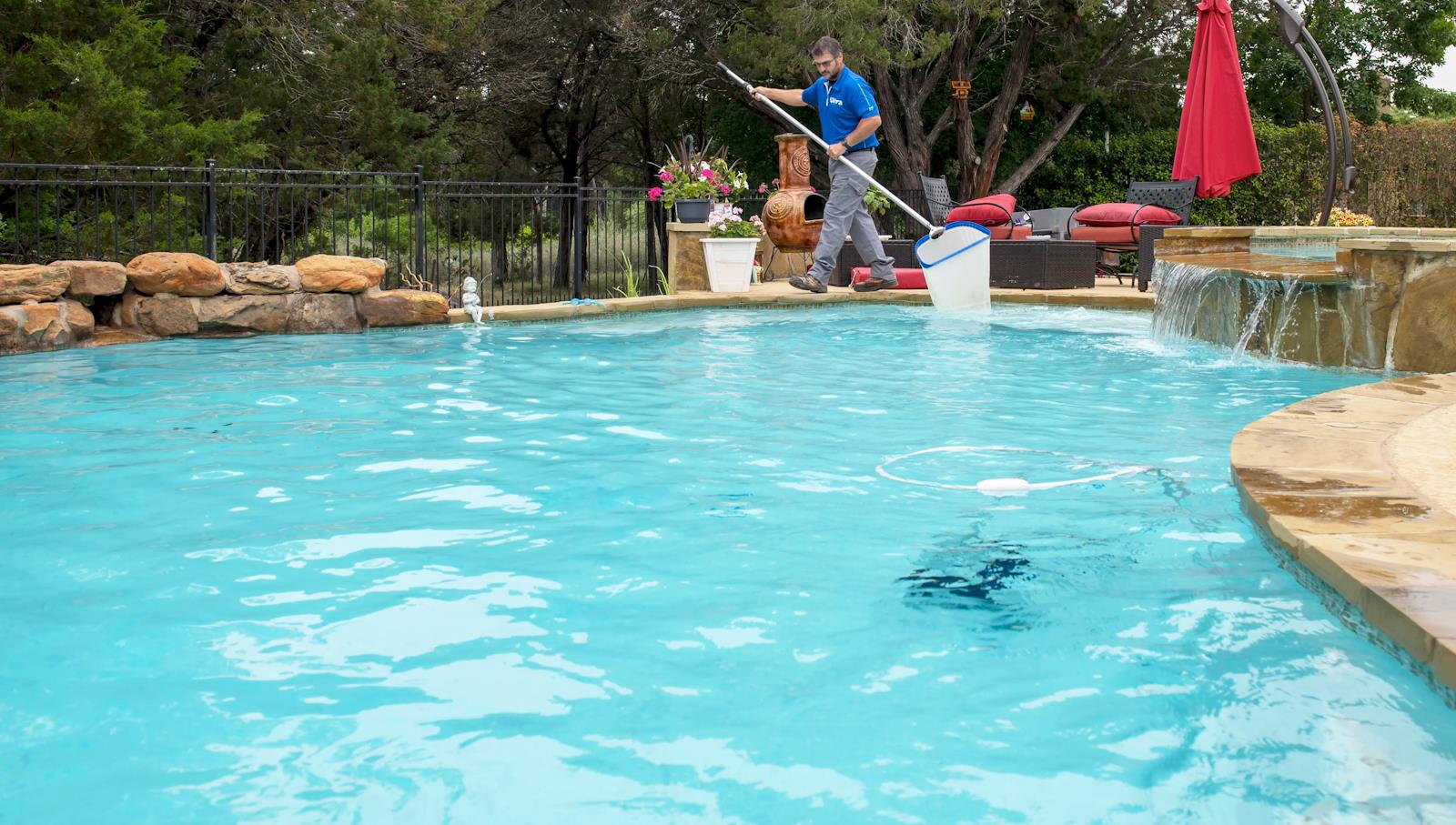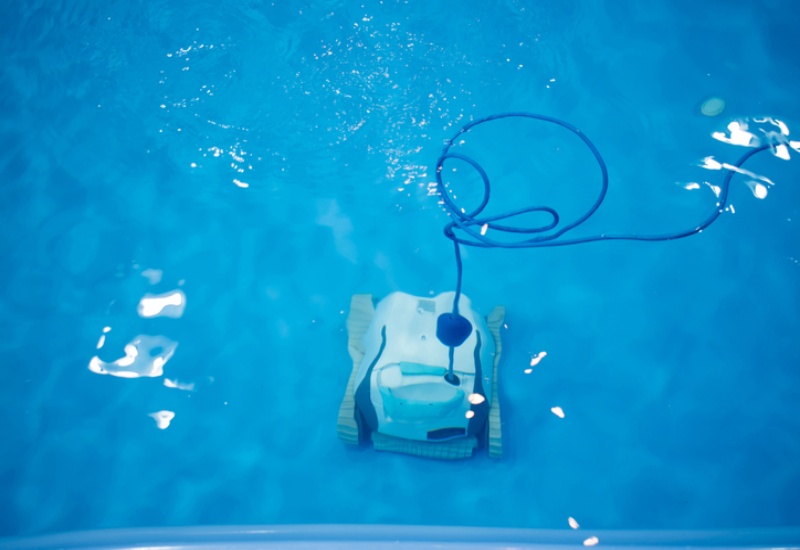So, you’ve got a pool table at home, and it’s been your go-to spot for some quality downtime. But have you ever wondered how to keep those pool balls looking fresh and performing like new? Cleaning pool balls is more than just wiping them down—it’s about maintaining their integrity, prolonging their lifespan, and ensuring they roll smoothly across the felt. If you’re here, you’re probably looking for the best ways to clean pool balls and keep them in top shape. You’re in the right place, my friend.
Whether you’re a casual player or a serious competitor, clean pool balls can make all the difference in your game. Dirty or worn-out balls not only affect performance but can also ruin the overall aesthetic of your setup. In this guide, we’ll break down everything you need to know about cleaning and maintaining your pool balls so you can enjoy a smooth and satisfying game every time.
Let’s dive in and uncover the secrets to keeping your pool balls pristine. Ready? Let’s go!
Table of Contents
- Why Should You Clean Your Pool Balls?
- What to Clean Pool Balls With?
- Tools You’ll Need to Clean Pool Balls
- Step-by-Step Process to Clean Pool Balls
- Common Mistakes to Avoid When Cleaning Pool Balls
- Long-Term Maintenance Tips for Pool Balls
- How Often Should You Clean Your Pool Balls?
- When Should You Replace Pool Balls?
- Professional Cleaning Services for Pool Balls
- Conclusion: Keep Your Pool Balls in Prime Condition
Why Should You Clean Your Pool Balls?
Before we dive into the "what" and "how," let’s talk about the "why." Cleaning your pool balls might seem like an unnecessary chore, but trust me, it’s crucial for several reasons. First off, dirty pool balls can affect the game’s dynamics. Dust, dirt, and grime can accumulate on the surface, causing the balls to roll unevenly or stick to the felt. This can throw off your shots and ruin your game night.
Secondly, cleaning your pool balls helps preserve their appearance. Over time, the surface of the balls can become scratched or discolored, especially if they’re exposed to sweat, oils, or other contaminants. Regular cleaning can prevent this and keep your balls looking shiny and new.
Lastly, maintaining your pool balls extends their lifespan. Instead of having to replace them every few years, proper care can make them last for a decade or more. Who wouldn’t want that, right?
What to Clean Pool Balls With?
Now that you know why cleaning pool balls is important, let’s talk about the tools and materials you’ll need. Not everything is safe for cleaning pool balls, so it’s essential to choose the right products. Here’s a quick rundown of what works best:
Best Products for Cleaning Pool Balls
- Microfiber Cloth: A soft, lint-free cloth is perfect for wiping down the balls without scratching them.
- Isopropyl Alcohol: A mild alcohol solution can effectively remove dirt and grime without damaging the surface.
- Pool Ball Cleaner: Specialized cleaners designed specifically for pool balls are a great option if you want to ensure no damage is done.
- Warm Water: Sometimes, a simple rinse with warm water is all you need to remove light dirt.
Stay away from harsh chemicals, abrasive materials, or anything that could scratch or damage the balls. Remember, pool balls are made from phenolic resin or other durable materials, but they’re not invincible.
Tools You’ll Need to Clean Pool Balls
Alright, let’s get practical. Here’s a list of tools you’ll need to clean your pool balls effectively:
Essential Tools for Cleaning
- Microfiber cloth
- Isopropyl alcohol (70% or higher)
- Warm water
- Gloves (optional, but recommended to avoid transferring oils from your hands)
- Soft-bristled brush (for tougher stains)
Having these tools on hand will make the cleaning process smoother and more efficient. Plus, they’re affordable and easy to find, so there’s no excuse to skip this step!
Step-by-Step Process to Clean Pool Balls
Now that you have your tools ready, let’s walk through the cleaning process step by step:
Step 1: Gather Your Materials
Start by collecting all the tools and materials you’ll need. Lay them out on a clean surface, and make sure you have enough space to work comfortably.
Step 2: Rinse with Warm Water
If your pool balls are only lightly dirty, a quick rinse with warm water might do the trick. Simply hold each ball under running water and gently rub the surface with your fingers. Avoid soaking the balls for too long, as this can cause damage over time.
Step 3: Apply Isopropyl Alcohol
For tougher stains or grime buildup, dip your microfiber cloth in isopropyl alcohol and gently wipe down the surface of each ball. Be sure to cover the entire surface, paying extra attention to any spots or scuffs.
Step 4: Dry Thoroughly
Once you’ve cleaned the balls, use a dry microfiber cloth to wipe them down and remove any moisture. This will prevent water spots and ensure the balls are ready for use.
Step 5: Inspect for Damage
While cleaning, take a moment to inspect each ball for signs of wear or damage. Look for deep scratches, chips, or discoloration. If you notice any significant issues, it might be time to consider replacing the ball.
Common Mistakes to Avoid When Cleaning Pool Balls
Cleaning pool balls might seem straightforward, but there are a few common mistakes that can cause more harm than good. Here’s what to avoid:
Mistake 1: Using Harsh Chemicals
Products like bleach or ammonia might seem like powerful cleaners, but they can damage the surface of your pool balls. Stick to mild solutions like isopropyl alcohol or specialized cleaners.
Mistake 2: Scrubbing Too Hard
Pool balls are durable, but they’re not immune to scratches. Avoid using abrasive materials or applying too much pressure when cleaning. A gentle touch is all you need.
Mistake 3: Skipping Inspection
Don’t rush through the cleaning process. Take the time to inspect each ball for damage or wear. This will help you catch issues early and prevent them from getting worse.
Long-Term Maintenance Tips for Pool Balls
Cleaning your pool balls is just one part of maintaining them. Here are some additional tips to keep your balls in great condition:
Tips for Long-Term Care
- Store your pool balls in a cool, dry place to prevent moisture damage.
- Handle the balls with clean hands to avoid transferring oils or dirt.
- Regularly inspect the balls for signs of wear and address any issues promptly.
- Consider using a protective coating or sealant to enhance durability.
By following these tips, you’ll ensure your pool balls remain in top condition for years to come.
How Often Should You Clean Your Pool Balls?
The frequency of cleaning depends on how often you use your pool table and the conditions in which it’s kept. As a general rule, aim to clean your pool balls every 1-2 months if you play regularly. If your table is exposed to high traffic or dusty environments, you may need to clean them more frequently.
Remember, regular maintenance is key to keeping your pool balls in great shape. Don’t wait until they’re visibly dirty or damaged before taking action.
When Should You Replace Pool Balls?
Even with proper care, pool balls won’t last forever. Here are some signs that it’s time to replace them:
- Deep scratches or chips that affect performance
- Significant discoloration or fading
- Uneven wear that causes the balls to roll inconsistently
If you notice any of these issues, it’s probably best to invest in a new set of balls. Quality pool balls can be expensive, but they’re worth it for the improved gameplay and aesthetic appeal.
Professional Cleaning Services for Pool Balls
If you’re not confident in your ability to clean your pool balls properly, you can always turn to professional cleaning services. Many pool table suppliers and maintenance companies offer this service, and it can be a great option if you want to ensure your balls are in perfect condition.
Just be sure to choose a reputable service with experience in pool ball maintenance. Do your research, read reviews, and don’t hesitate to ask for recommendations from other pool players.
Conclusion: Keep Your Pool Balls in Prime Condition
There you have it, folks—a comprehensive guide to cleaning and maintaining your pool balls. Whether you’re a casual player or a serious competitor, clean pool balls can make a big difference in your game. By following the tips and steps outlined in this article, you’ll ensure your balls remain in top condition for years to come.
Remember, regular cleaning and maintenance are key to preserving the quality and performance of your pool balls. Don’t skip this important step, and always use the right tools and materials to avoid damage.
So, what are you waiting for? Grab your microfiber cloth, some isopropyl alcohol, and get to work. And don’t forget to share this article with your fellow pool enthusiasts. Together, we can keep our games running smoothly and our pool balls looking sharp!


